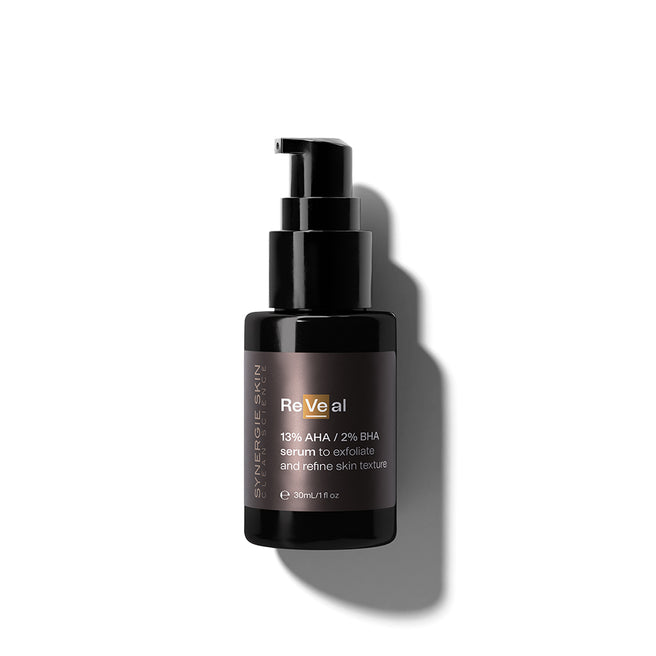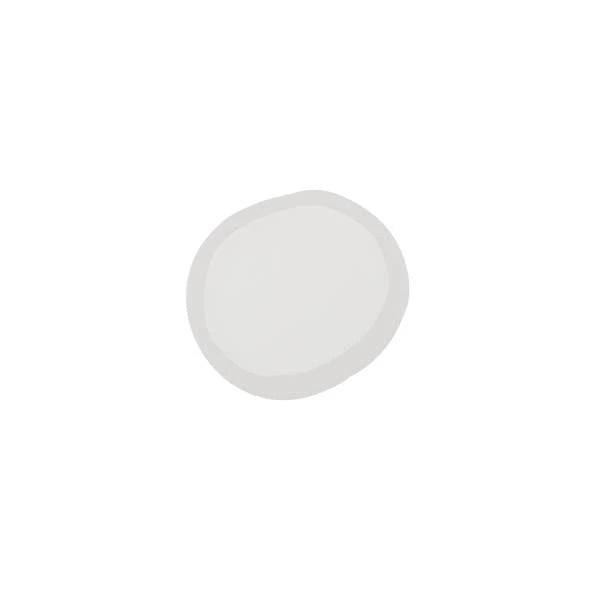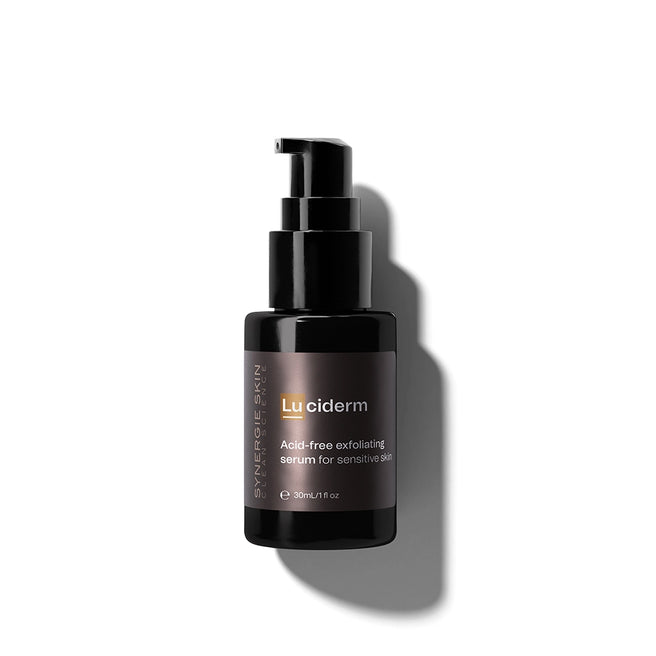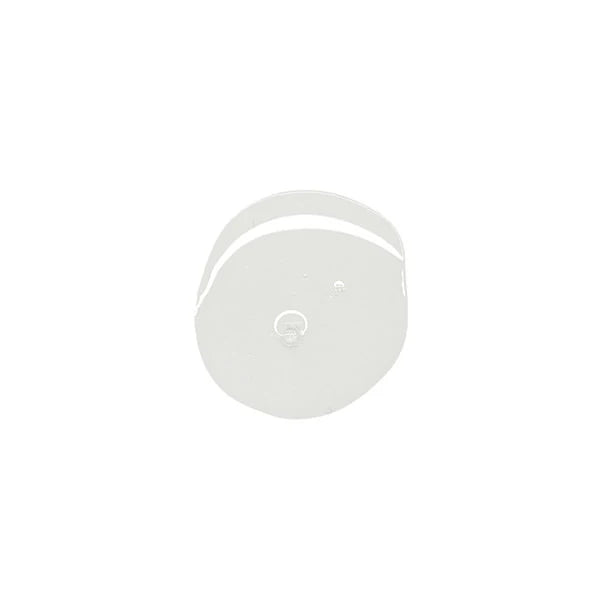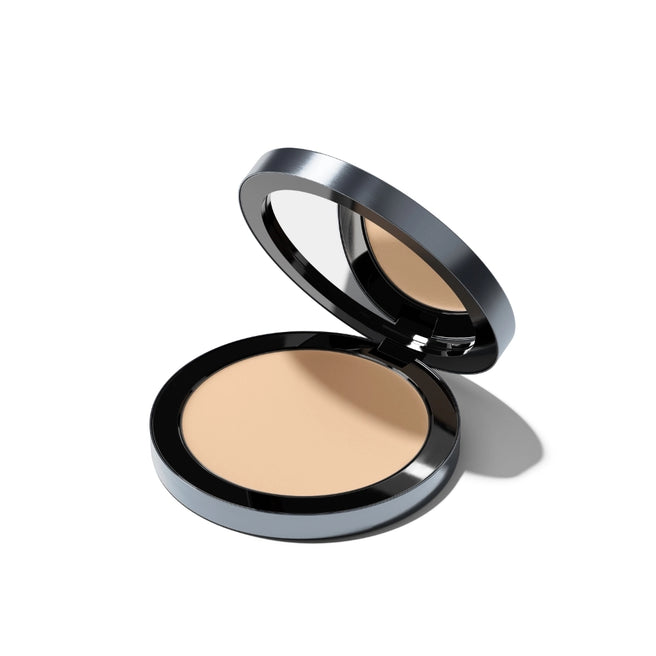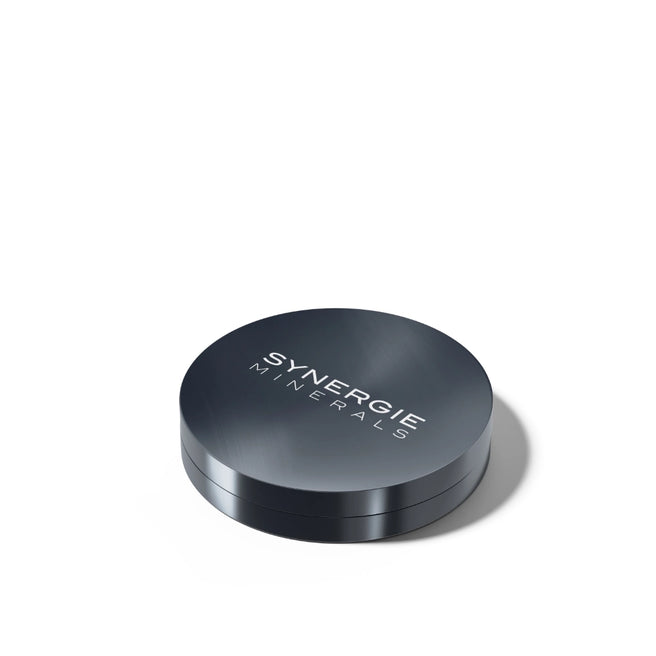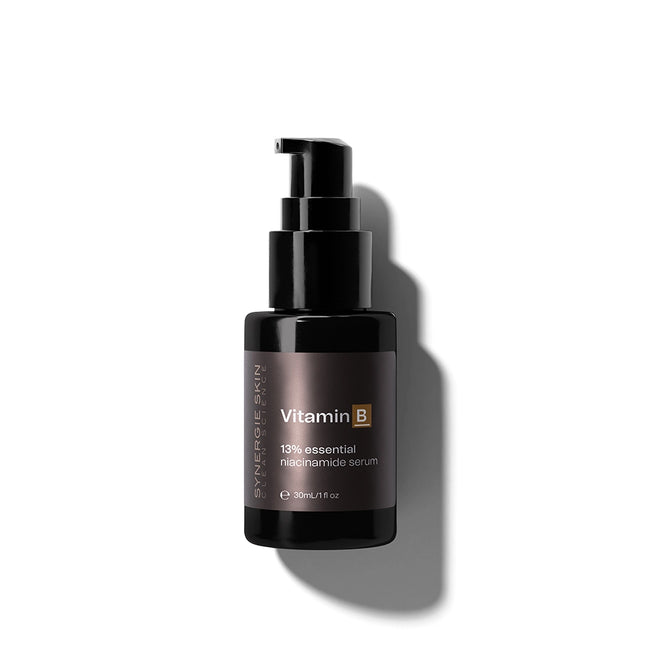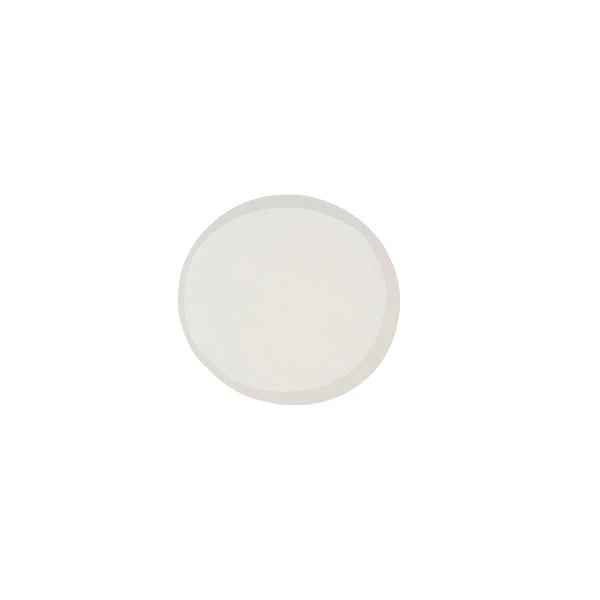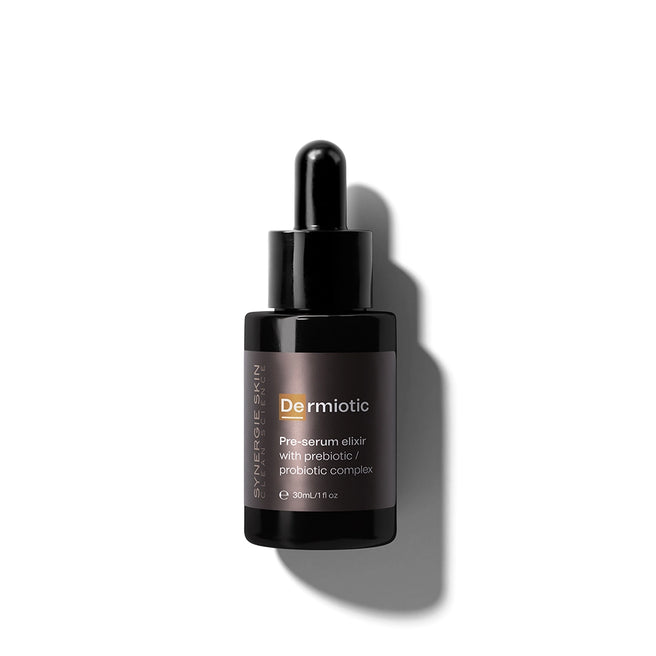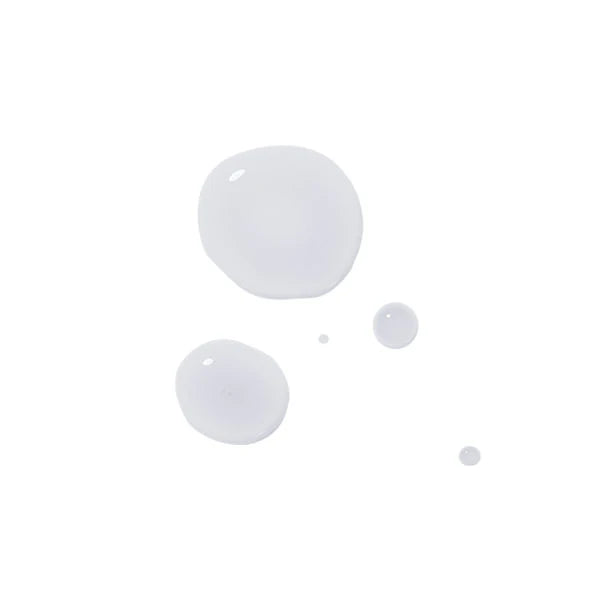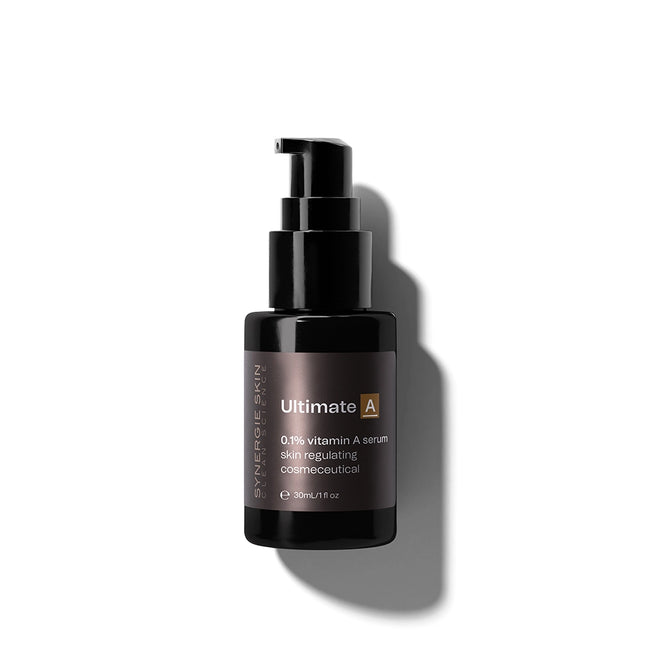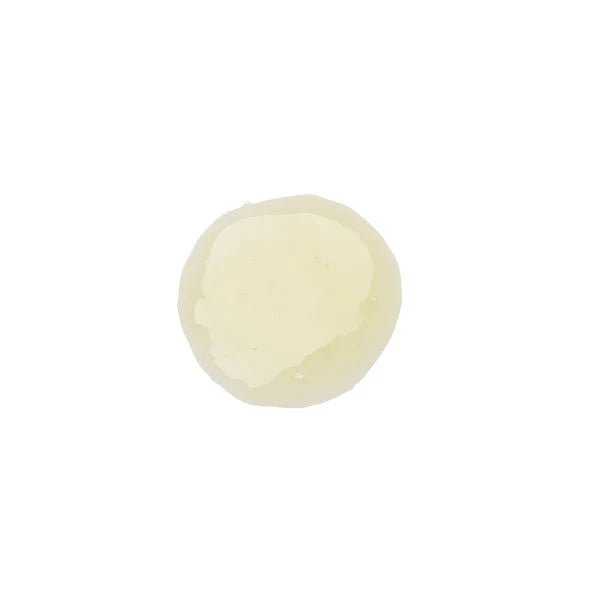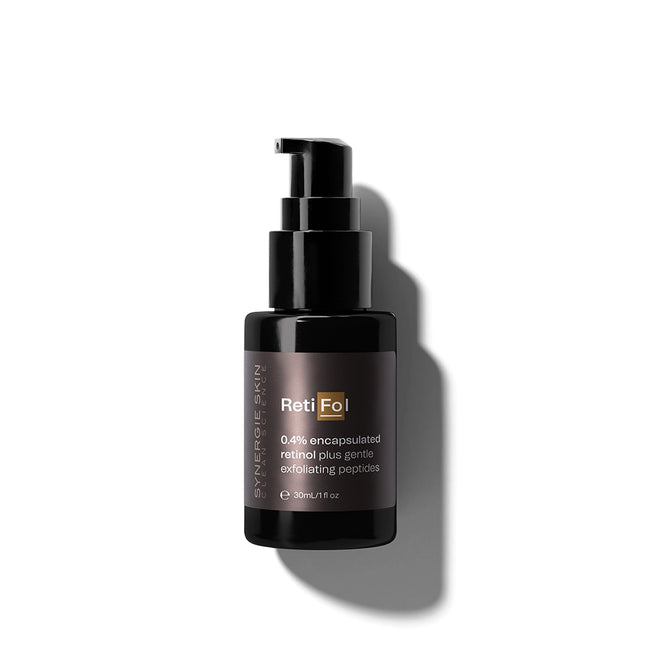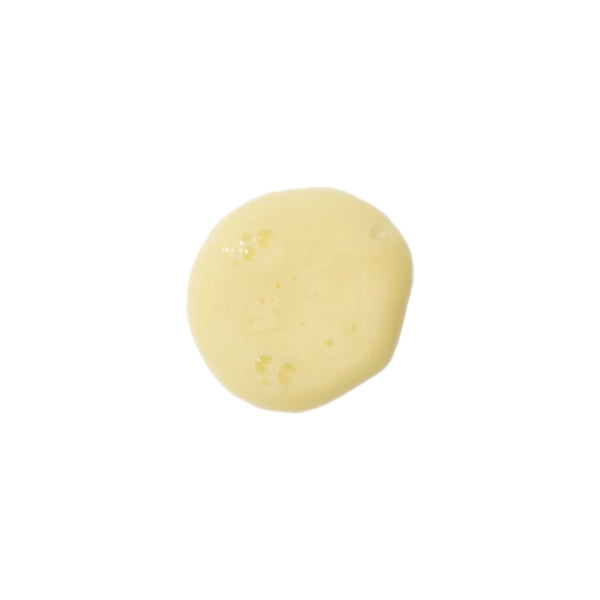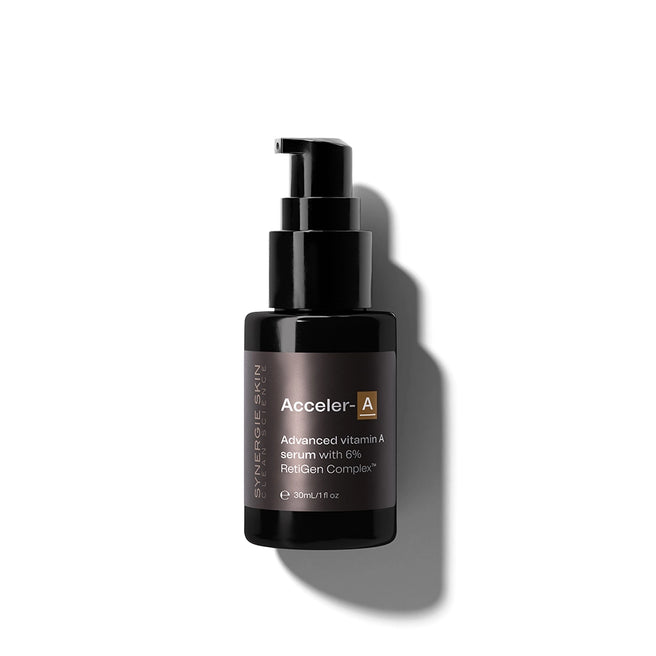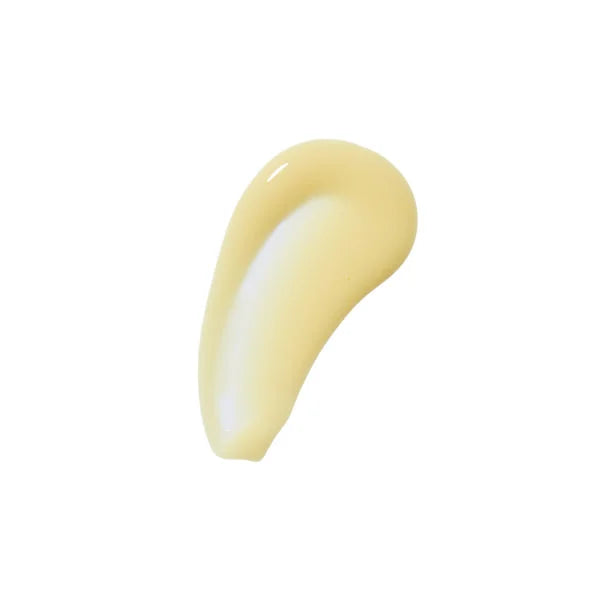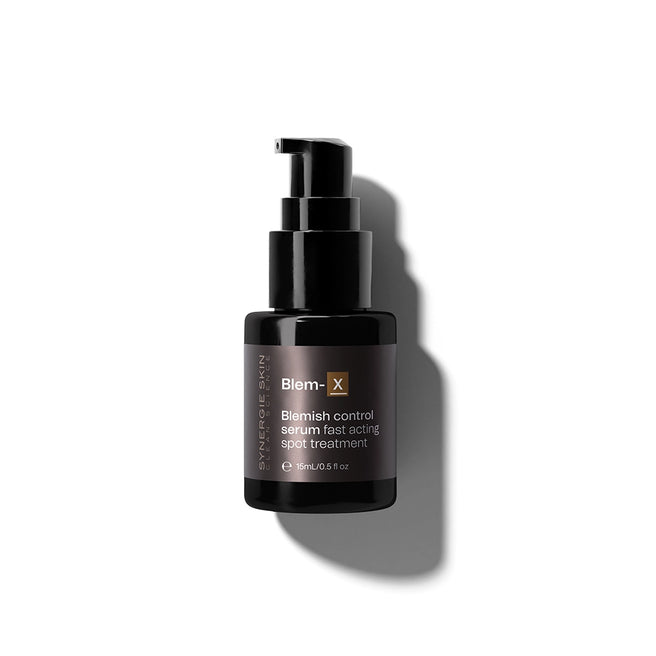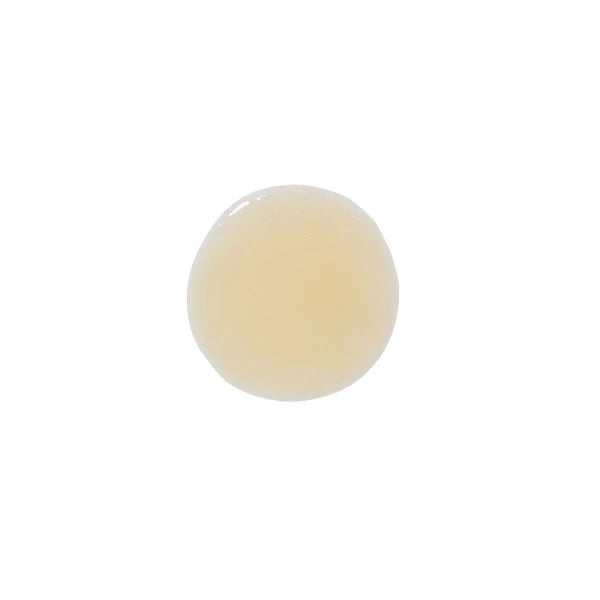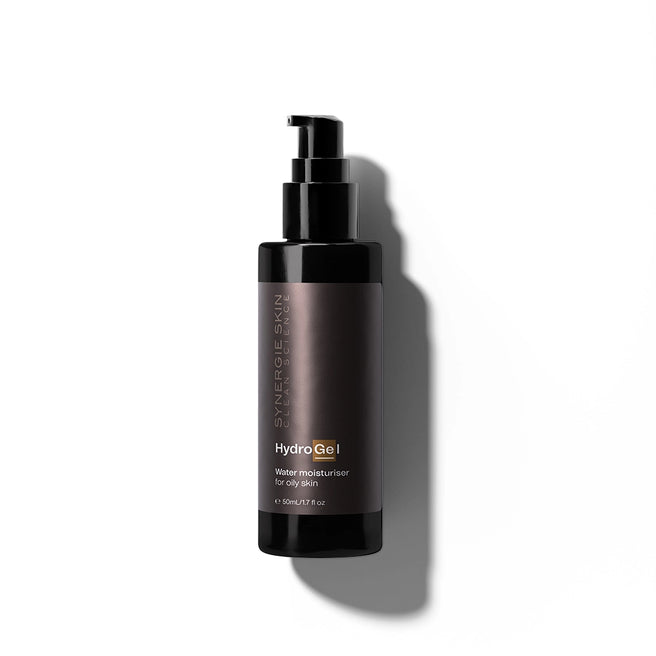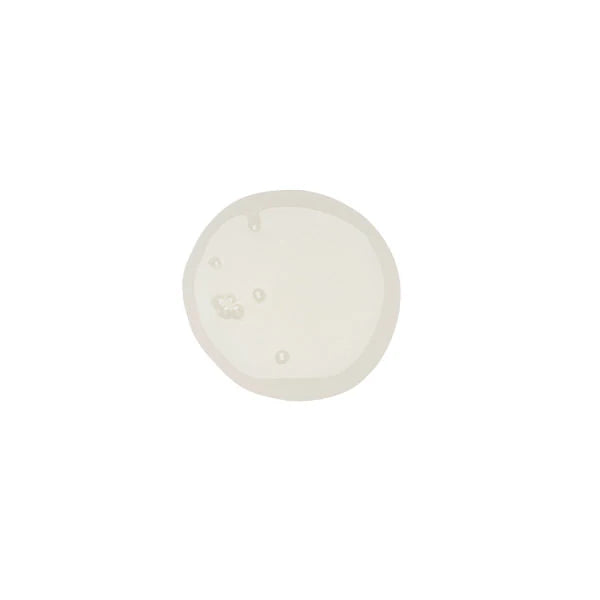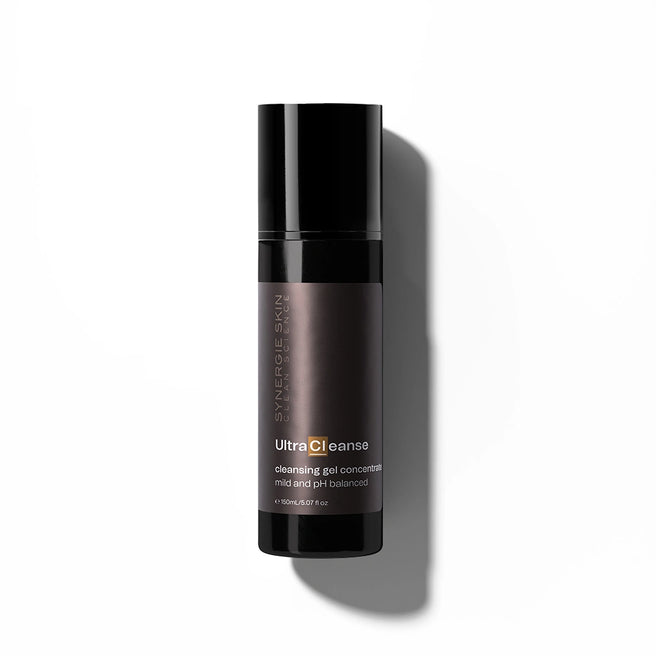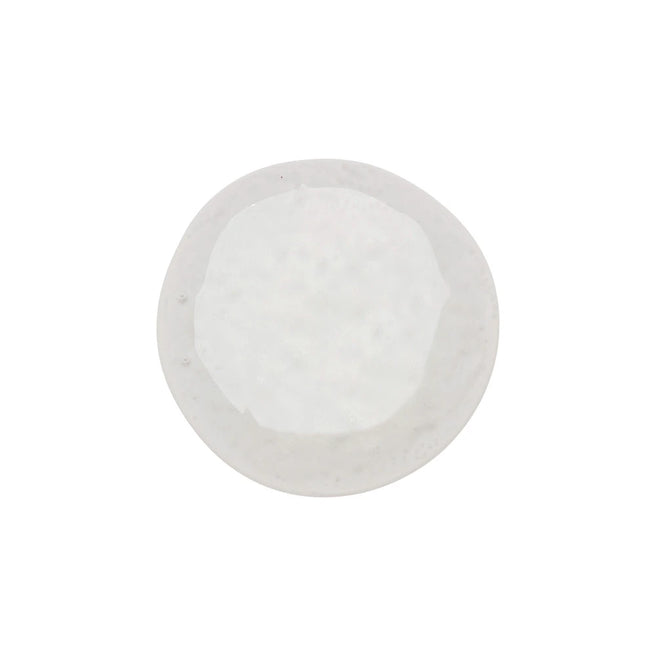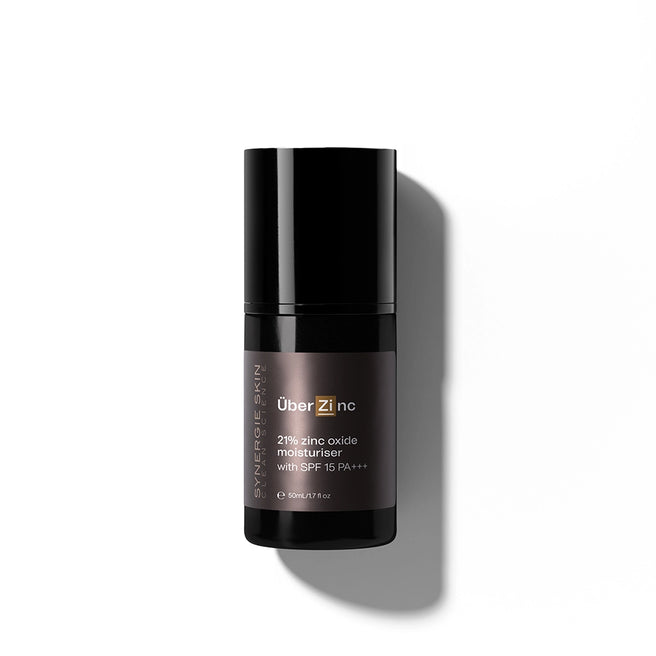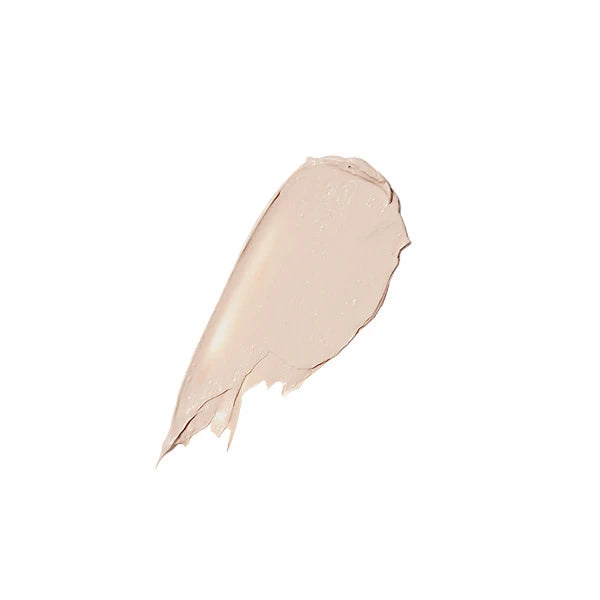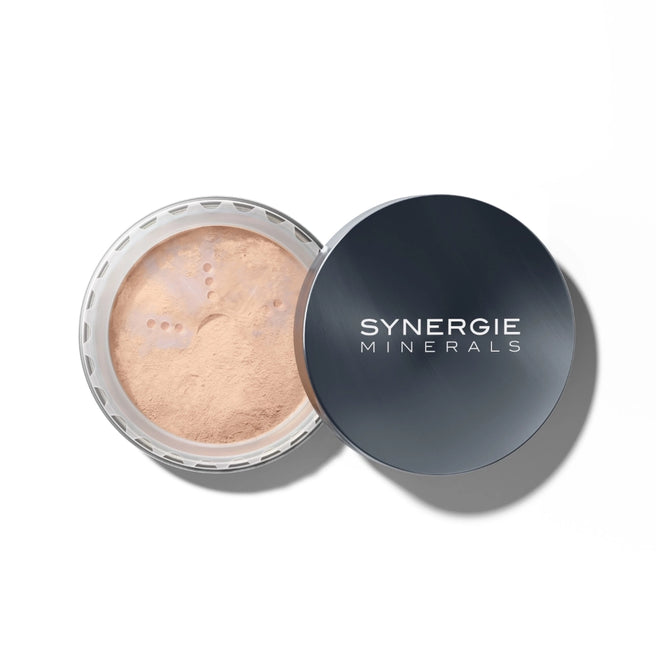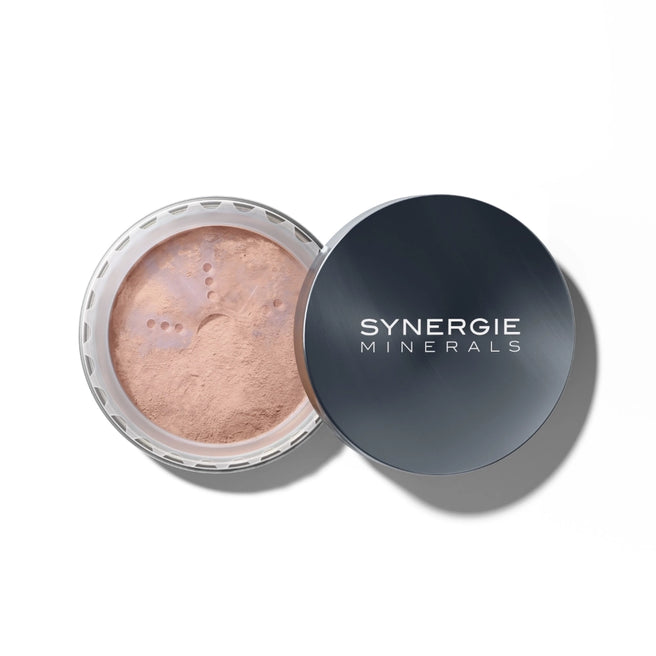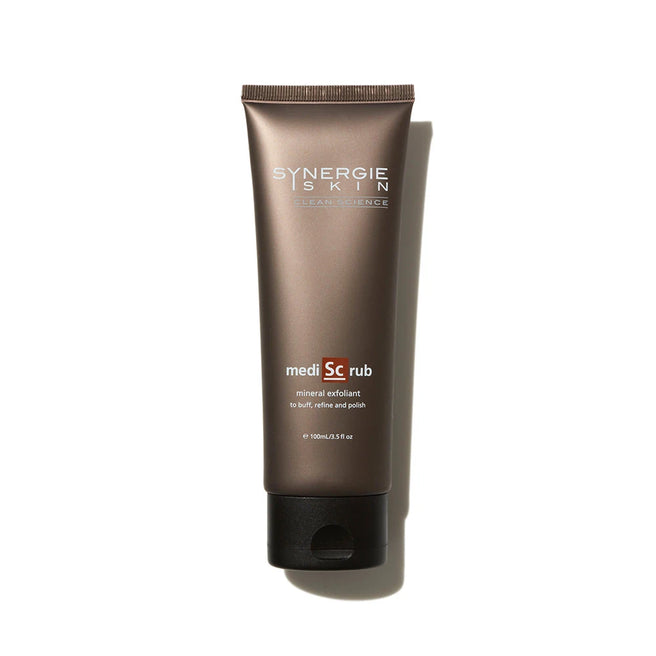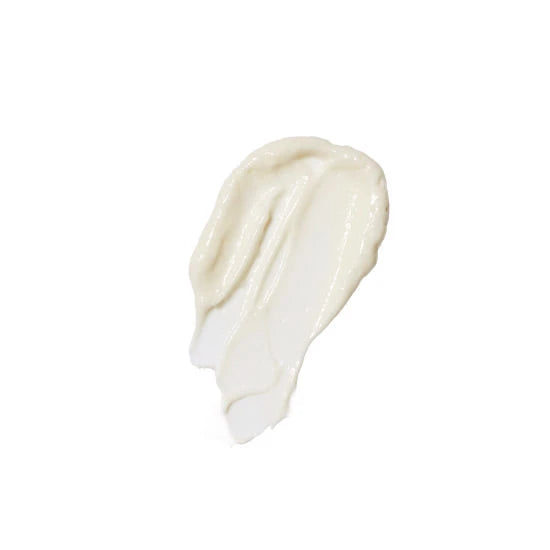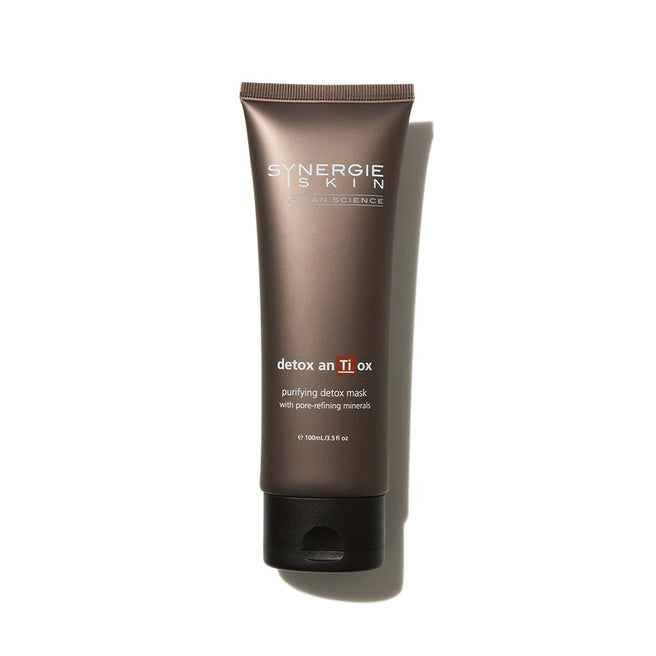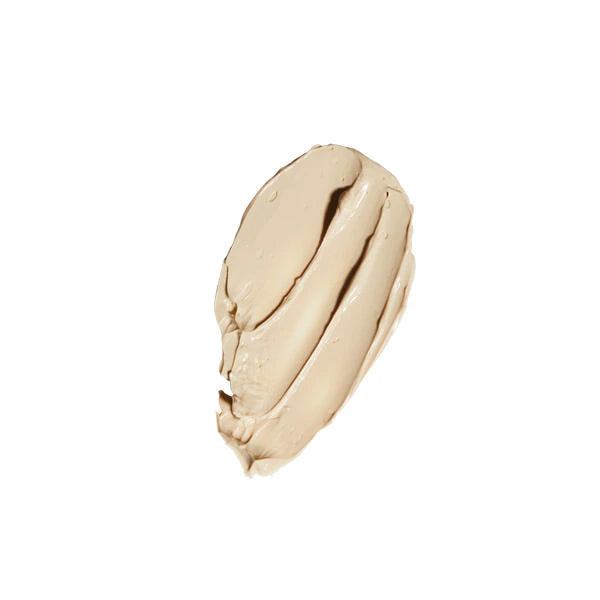Terri (Vinson) Jones (BSc. Dip Form Chem. ASCC) breaks down the science behind acne, how to get this skin condition under control, and ways you can prevent it.

What is acne?
Acne is a condition close to my heart because I’ve seen it affect so many of my friends and family, including my kids. It’s one of the most common skin conditions affecting over 90% of people at some stage of their life.
Contributing factors can vary, from genetics, to stress levels, hair products, and diet. In many cases, acne is exacerbated by inflammation, and so many of the steps discussed below will be methods to reduce inflammation.
Unfortunately, acne is usually based on hormonal levels so the condition can be controlled but not totally ‘cured’ until your hormone levels balance out. But be patient; in most of us this will happen, but in the meantime let’s look at the strategies we can use to manage this condition that challenges both the health of our skin and our self-confidence.
How does acne develop?
Acne occurs when excess sebum (skin oil) is released from the oil gland and into the pore. There is also an overproduction of skin cells associated with acne, which causes the pores to be congested with oil, dead cells, and debris. Cutibacterium acnes aka. C.acnes bacteria (formerly called Propionibacterium acnes or P.acnes bacteria) live in our pores but in those with acne, the bacteria now have a total feast of dead cells and oil. The chemicals produced by the bacteria create inflammation as well as redness and voila: you have yourself a pimple!
So whilst it stands to reason that preventing excess sebum is key in managing acne, I also need to acknowledge how important it is that the skin has enough sebum to help maintain the acid mantle on the skin’s upper surface. This protective barrier sits at around a pH of 5.6 and creates the ideal environment for a healthy skin microbiome, so we never want to strip the skin of its natural oils entirely!
Grades of Acne
How many grades of acne are there? Acne is categorised into four progressive grades:
Grade one:
Considered mild and non-inflammatory, where only whiteheads and blackheads are present. This is also called comedonal acne.
Grade two:
Demonstrates mild inflammation, papules, and pustules on the face.
Grade three:
Moderate acne with inflamed and painful acne breakouts on the face and body. There is a greater amount of redness and inflammation present. Scarring may occur with moderate acne.
Grade four:
Called cystic acne and this is the most severe category. It presents as severe redness, inflammation, painful acne papules, pustules, and deeper infected cysts. If grade two advances to grades three (moderate) or four (severe), you should seek advice from a skincare professional for treatment as your skin will be at risk of infection and deep scarring. Scarring occurs when the walls of the pore rupture and infected material infiltrates the dermis. This severe inflammation causes trauma, tissue loss, and scarring in the deeper dermal layer of the skin.

How to Manage Acne
Top tips on how to help prevent acne and how to treat acne
1. Exfoliate without harsh scrubbing
It’s important to remove dead surface skin to encourage new cell production as this sends a message to the cells deeper down to reproduce fresh new cells. Exfoliation also removes pigmented, sun-damaged skin cells, helps to unclog pores, and clarifies skin with acne. There are a few ways to do this such as chemical, physical, microexfoliation, and chemical peels. My personal favourite is to use a chemical exfoliant AHA/BHA serum such as Synergie Skin's ReVeal with alpha hydroxy acids (AHAs such as lactic, malic, or mandelic acid) to help remove dead surface cells and improve natural moisture levels, and beta hydroxy acids (BHAs such as salicylic acid) to help unclog pores and reduce inflammation. Many acne sufferers can also have sensitive skin. If you cannot tolerate AHA/BHA based exfoliants, opt for acid-free peptide-based chemical exfoliants such as Luciderm, which will not irritate the skin.
2. Use a chemical exfoliant
Daily until the acne is reduced, then downgrade usage to alternate days. For Grade 2 acne and above, you need to be gentle with your skin and avoid harsh scrubbing which can increase inflammation. Avoid physical exfoliants, harsh facial scrubs, and abrasive cloths if you are experiencing redness, papules, pustules, or cysts.
3. Avoid skincare products and foundations containing comedogenic ingredients
Comedogenic oils (common ones include cacao butter, peach kernel oil, coconut oil, soybean oil, wheatgerm oil, and cotton seed oil) cause pore blockage and this will definitely make your acne situation worse. The skin is trying to purge the excess oil and dead skin cells and cannot do so with comedogenic ingredients. Makeup is a major culprit as it is on the skin for an average of 10 hours a day.
Invest in quality mineral makeup containing a high level of zinc oxide such as MineralWhip. Zinc oxide is not only a great sunscreen, but it is a great anti-inflammatory to help calm the acne and reduce skin redness.
4. Cleanse twice daily
Warm water and a gentle SLS-free cleanser will remove the excess oil and daily grime that may cause blocked pores. If you are using a gentle micro exfoliant daily, be careful not to scrub your face too hard; excess heat and friction on the skin can increase oil flow and irritation and cause further inflammation. Over-cleansing the face can also increase heat, friction, and inflammation.
5. Keep your skin microbiome in balance
Invest in a prebiotic and postbiotic complex such as Dermiotic. The balance of good and bad bacteria on the skin surface is essential for keeping your skin functioning optimally and reducing inflammation associated with acne. Overgrowth of acne related C.acnes bacteria may increase acne severity.
6. Remember your As and Bs
Vitamin A and Vitamin B3 (niacinamide) serums are super important for controlling acne.
Vitamin B3 (niacinamide) serum such as Synergie Skin's Vitamin B will reduce inflammation (the root cause of the pimple!) and will also help reduce excess oil in the pores. Niacinamide stimulates the production of the major skin barrier proteins to promote healing and protect the skin from inflammation. It also promotes collagen regeneration for normal remodelling of scars. And as if that’s not enough… it reduces hyperpigmentation which may be a side effect of scarring or scar treatment.
Vitamin A serum, particularly in the form of retinol Ultimate A (0.1%) or RetiFol (0.4%) and hydroxy pinacolone retinoate in Acceler-A (6% HPR), is highly recommended for acne sufferers. Retinoids are great at reducing and balancing oil in the skin, this is essential for acne sufferers and promotes the production of new surface cells, which is important in the healing process. Vitamin A will slow down that overproduction of pore-clogging skin cells, regulate oil flow, and help keep pores nice and tight. Vitamin A also helps with the production of healthy blood vessels in the dermis to enable vital supply of skin nutrients and removal of toxins during scar healing and treatment. Retinoids also promote collagen production.
7. NEVER pick!
This sounds obvious but sometimes the temptation to pick is overwhelming! Picking an inflamed pimple can cause the wall of the pore to rupture. When the infected contents of the pore enter the deeper dermis, infection is much more likely. Once infection sets in, the chance of scarring is very high, and this is the worst outcome. Invest in a quality spot treatment concentrate containing ingredients that act deep in the pore to clear pores and calm redness. If your condition is not responding, seek professional treatments to manage more serious breakouts. To learn more about acne scarring, read the article: Different Types of Acne Scarring and How to Treat Acne Scarring
8. Moisturise!
While too much oil and the wrong type of comedogenic oils found in many moisturisers aren’t recommended for acne, your skin still needs hydration. Acne sufferers can still experience dehydration from water loss and our skin can be high in oil but low in water. This is where the water-based hydrators are really important. Lightweight gel-based moisturisers with a low oil content and hydrators like glycerin, sodium PCA, sodium lactate, and sodium hyaluronate are great at drawing water into the skin like a sponge, without contributing to oiliness.
9. Hair products can affect your skin
When you use comedogenic hair products you may be clogging your skin around the hairline and fringe. Products you use on your hair every day can creep into your skin and clog your pores. Read your labels and use products with gentle non-comedogenic ingredients.
10. Review your everyday diet
Every cell and organ in your body needs food to function. The skin is our largest organ and it responds directly to what we put in our mouths. Food is often the trigger of many skin conditions and a fresh, clean diet with lots of vegetables, healthy fats, quality protein, and antioxidant-rich foods will help control acne.
The biggest culprit for exacerbating acne is sugar! It creates inflammation in the body and also stimulates cortisol levels, which indirectly increases oil production. Many individuals who just remove sugar from their diet see a significant improvement in their acne within weeks.
There is also a link to high dairy intake and acne breakouts. A nutritionist will be able to help you manage your acne and reduce dairy consumption while still getting the correct levels of vital calcium and other nutrients.
Am and pm skincare routine for acne prone skin
Throughout this article, I’ve listed key skincare products to prevent and manage acne. For your convenience, I’ve curated a cohesive acne skincare routine.
Morning
1. Gentle SLS-free facial cleanser, UltraCleanse
2. Prebiotics and probiotic pre serum preparation, Dermiotic
3. AHA/BHA exfoliating serum, ReVeal
4. Non-comedogenic moisturiser with zinc oxide for sun protection, ÜberZinc
Evening
1. Gentle SLS-free facial cleanser, UltraCleanse
2. Vitamin A serum, Ultimate A
3. Vitamin B essential niacinamide (B3) serum, Vitamin B
4. A lightweight milk moisturiser, BrightEnlite or oil-free water moisturiser, HydroGel
Weekly or as needed
1. Purifying detoxifying mask weekly, Detox anTiox
2. Spot treatment as needed for active blemishes, Blem-X
Makeup
Loose mineral foundation, Second Skin Crush
CLOSING COMMENTS
I know acne can really impact your confidence, but remember, acne is controllable and, in most cases, it isn’t permanent. Be patient with yourself as your body re-balances itself. Combine these skincare tips with a mindful lifestyle (taking diet and exercise into consideration) will significantly improve your chances at successfully managing acne.






